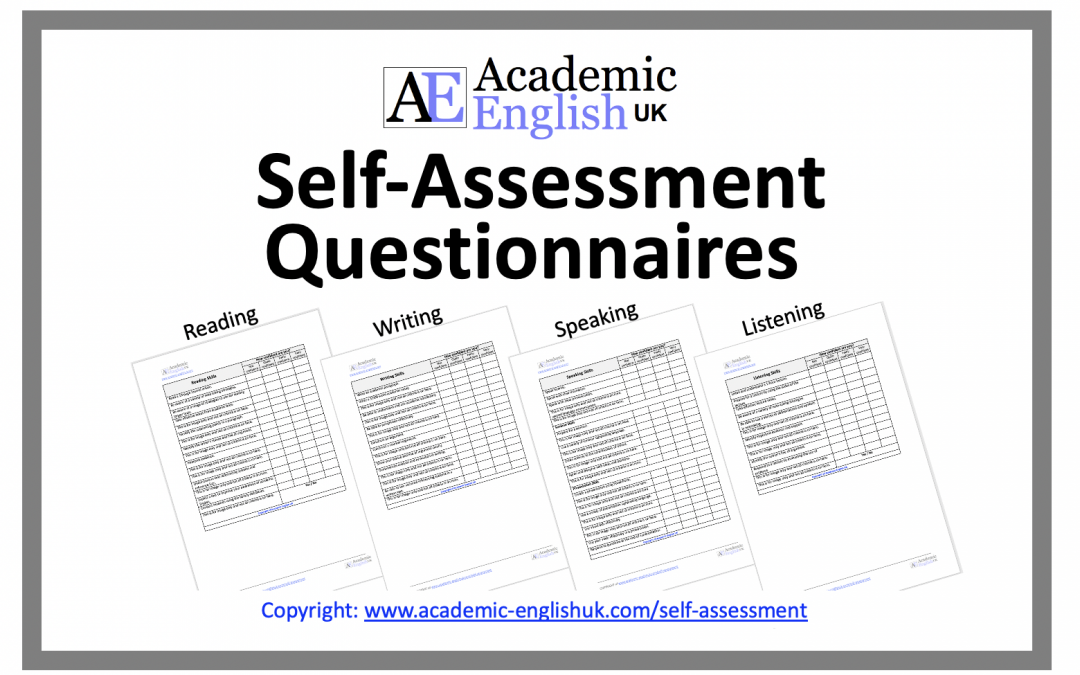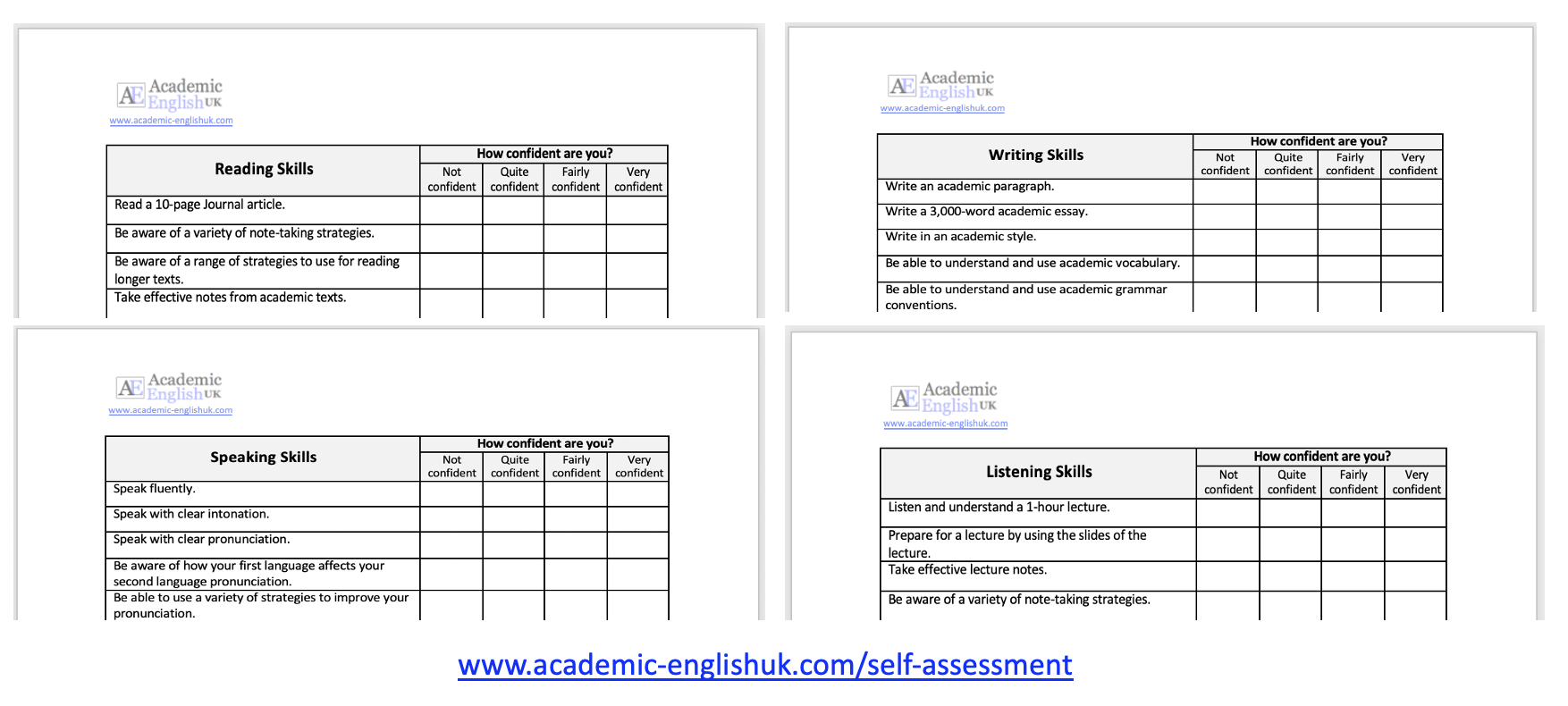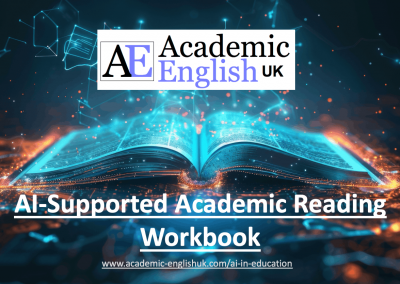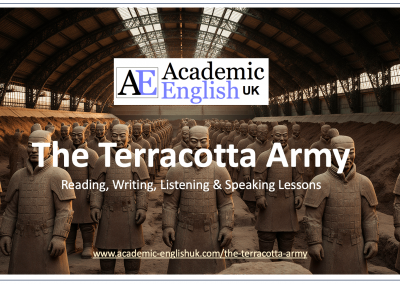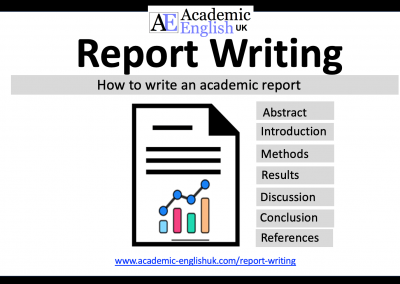Self-Assessment Questionnaires
What are self-assessment questionnaires?
Self-assessment questionnaires are a way to encourage students to evaluate and assess their own understanding and learning. Self-assessment encourages students to reflect on their individual ability in certain areas and look at ways on how they can improve these. Overall, it can empower students to take more control of their own learning and become autonomous, independent learners.
These specific self-assessment questionnaires are based around the four key skills of reading, writing, speaking and listening, and each one focuses on individual elements in each of these key skills. In each questionnaire, the students evaluate their confidence in using these individual elements such as being able to use a variety of note-taking strategies, identifying the main points in text, conducting research using university library databases and so on.
Each self-assessment questionnaire is designed around the basic syllabus of an Academic English course, so it’s a great idea to introduce these questionnaires at the beginning of course and then again at the end of the course so the students can measure what they have learned and how far they have progressed. Presenting the questionnaires early on in a course will also aid the student to focus their independent study around individual elements they are not confident in.
Self-Assessment Questionnaires
An image snippet of Academic English UK questionnaires.
Questionnaires Download [new 2022]
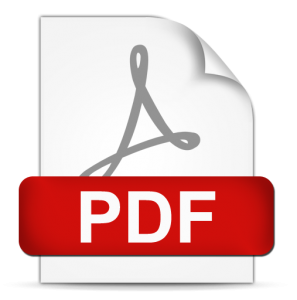 Self-Assessment Questionnaires [new 2022]
Self-Assessment Questionnaires [new 2022]
These academic English self-assessment questionnaires focus on the four key skills of reading, writing, speaking and listening. Each questionnaire focuses on the individual elements of each skill and students rank their confidence level accordingly. These questionnaires help students evaluate and assess their learning and encourage learner autonomy. Questionnaire worksheet example. Level ***** [B1/B2/C1/C2] TEACHER MEMBERSHIP / INSTITUTIONAL MEMBERSHIP
*
More independent study lessons…
Independent learning
 Independent Learning worksheet
Independent Learning worksheet
This worksheet is based on four videos. Listen to the videos and take notes. Then use your notes to answer the questions and compare your answers to the key answers [webpage]. Example / Video Level: ***** [B1/B2/C1] TEACHER MEMBERSHIP / INSTITUTIONAL MEMBERSHIP
*
Reflective student
The reflective student: reflection on study & goal setting [new 2020]
This is a seminar lesson to reflect on studying. It asks students to look at and examine the way they study and to identify possible areas that could be improved. It includes reflective questions, a 6-minute video on what SMART goals are and a SMART goal worksheet to set a goal(s) to be achieved (example) / Video [4.00] / MP3 / Level ***** [B1/B2/C1] TEACHER MEMBERSHIP / INSTITUTIONAL MEMBERSHIP
Useful Listening Websites
Listening Websites: Improve your listening skills [new 2022]
Here are some great websites we recommend to our students to improve their listening outside of class. These websites will help students gain valuable practice in checking their understanding, identifying main ideas and recognising supporting details. TEACHER MEMBERSHIP / INSTITUTIONAL MEMBERSHIP
Useful Writing Websites
Academic Writing: Useful websites for writing
Here are some good websites we recommend to our students when writing essays or doing written work in class. These sites help with the key skills of paraphrasing and summarising. Webpage link TEACHER MEMBERSHIP / INSTITUTIONAL MEMBERSHIP
Reading Skills for Independent Learning
Reading Strategies
Key reading strategies
Information sheet: This document identifies the key reading strategies associated with reading a text (surveying, skimming, scanning, main ideas, subsidiary ideas, writer’s stance, credibility, etc..) and defines each one. This sheet supports the two reading strategies lessons. Level ***** [B2/C1] TEACHER MEMBERSHIP / INSTITUTIONAL MEMBERSHIP
*
Reading Strategies 1
Reading strategies 1 [new 2021]
This lesson helps improve students’ awareness of the key reading strategies. It practises prediction, surveying, skimming, scanning, guessing unknown words, reading for detail and summarising. It includes a 480-word text. Worksheet example Time: 60mins. Level ***** [B1/B2/C1] TEACHER MEMBERSHIP / INSTITUTIONAL MEMBERSHIP
Reading Strategies 2
Reading Strategies 2 (leadership styles text) [updated 2021]
Topic: Leadership & Management Styles.Use and practice a variety of reading strategies to understand how to read journal articles efficiently. 5-page worksheet on all reading strategies (scanning, skimming, genre analysis, reading for detail, summaries) & 8-page reading document. Level ***** [B2/C1] Example / TEACHER MEMBERSHIP / INSTITUTIONAL MEMBERSHIP
AEUK does not own the rights to the Journal: Text Download
*
Text Exploitation
Text exploitation: how to exploit a text to facilitate learning [new 2020]
This lesson / worksheet helps improve students’ independent learning skills. It includes 6 tasks (vocabulary, grammar, cohesion, summary, paraphrase & referencing) on how to use text to facilitate learning (see worksheet example) Level ***** [B1/B2/C1] TEACHER MEMBERSHIP / INSTITUTIONAL MEMBERSHIP
Improve your Vocabulary Reading Lesson
 Reading lesson: Improve your vocabulary
Reading lesson: Improve your vocabulary
A great reading lesson on how to improve your vocabulary. The lesson starts with a discussion followed by a reading text with test type questions. The lesson includes teacher’s notes, question sheet, reading text and research website links. Example. Words: 500. Lower-levels ***** [B1/B2], TEACHER MEMBERSHIP / INSTITUTIONAL MEMBERSHIP
Critical Thinking Text analysis
Critical thinking – reading text analysis
A great lesson for developing and practising critical thinking skills. It is a 400-word text on ‘going to university’ with over 15 possible problems. Students use the higher level thinking skills of analysis and evaluation to examine, question and critique the text. Example. Level: ***** [B1/B2/C1] TEACHER MEMBERSHIP / INSTITUTIONAL MEMBERSHIP

